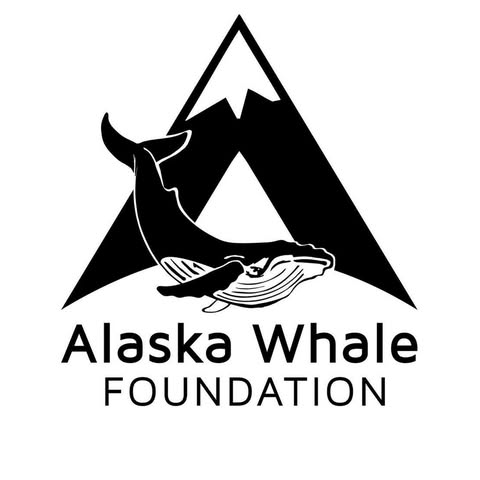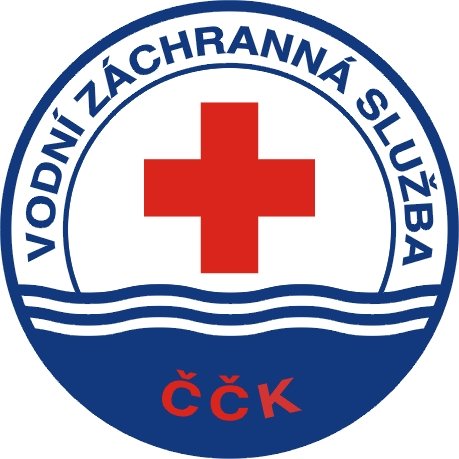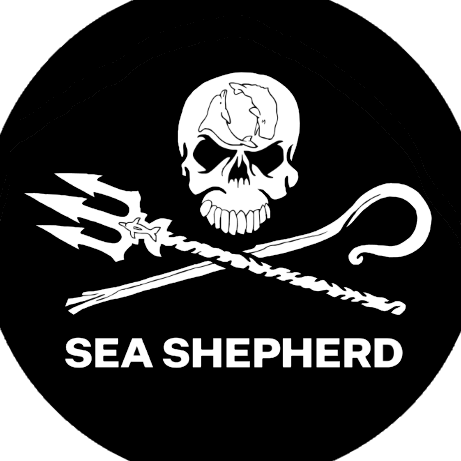
Home - Centre for Whale Research
65924844121
cwr.org.au
CWR_WA
CentreForWhaleResearch
Centre for Whale Research Western Australia Incorporated
The Centre for Whale Research Western Australia Incorporated is a non-profit research institute established in 1993. Its primary mission is to conduct scientific research into marine mammals, particularly those in the order Cetacea, including whales, dolphins, and porpoises[2].
History and Research Initiatives
The organization's journey in marine research began with a humpback whale population measuring program in the Dampier Archipelago in 1990 and later expanded into the Kimberley region. This early research played a crucial role in guiding the state government to establish the Lalang-garram/Camden Sound Marine Park in the Kimberley, which is a vital breeding and calving ground for the west coast humpback whale population[1].
In 1999, CWR expanded its research scope to include pygmy blue whales in the Perth Canyon. This effort has been critical in highlighting the importance of the Perth Canyon as a feeding area for these animals, leading to the establishment of the Perth Canyon Commonwealth Marine Reserve for their protection[1][2].
Mission Statement and Objectives
The Centre for Whale Research aims to contribute to the understanding of the ocean's health by studying large marine mammals like humpback whales and blue whales. These species are excellent indicators of ocean health as they are relatively easy to monitor and feed directly on krill, which is a crucial component of the ocean food chain[2]. By monitoring and protecting these whales, CWR contributes to educating the public about ocean health and informs management decisions at both state and federal levels[2].
Role in Conservation and Education
CWR plays a dual role in both scientific research and public education. The organization provides essential data for government management decisions and engages in educational activities through school and public presentations. This approach not only enhances public awareness about cetaceans but also fosters a community-wide resolve to protect marine environments[2].
Activities Summary
The Centre continues its work in understanding migratory paths and timing, with a focus on humpback whales, alongside other marine mammals. This research aids in creating strategies for the conservation of marine ecosystems[3].
Partnerships and Funding
While specific funding details are not listed in the context of CWR, organizations like Woodside have significantly contributed to whale research in Western Australia over the past few decades, highlighting a broader community of support for marine conservation efforts in the region[5].
[1] https://www.cwr.org.au [2] https://www.cwr.org.au/about-us.html [3] https://www.acnc.gov.au/charity/charities/c230cfbb-38af-e811-a962-000d3ad24a0d/profile [4] https://www.whaleresearch.com [5] https://www.woodside.com/media-centre/news-stories/story/whales-and-woodside
Podobné organizace
Podobné organizace global
Center for Coastal Studies Inc. |
|
Marine and Coastal Ecology Research Center |
|
Great Whale Conservancy |
|
Alaska Whale Foundation |
|
Society for Marine Mammalogy |
Více z
50. rovnoběžka z.s. |
|
7 DNÍ, z. s. |
|
7SEAL JUDICIAL z.s. "v likvidaci" |
|
7x7 z.s. |
|
777 Racing Team z.s. |
Podobně sociální sítě (4356)
Více Ochrana ohrožených druhů
Český svaz včelařů, z.s., základní organizace ŠternberkŠternberk |
|
ZO ČSOP NyctalusPraha |
|
Myslivecký spolek Želechovice nad DřevnicíŽelechovice nad Dřevnicí |
|
Altaica z.s. |
|
BE SEA Ochrana oceánů z.s. |
Novinky
In the deep south aboard Ponant's ship, "Le Commandant Charcot", Curt Jenner AM (Explorer's Club Member FI'10), a Ponant Science Expedition Grantee, assists with the ROV deployment around an ice-covered island alongside Ulyana and Science Team Leader Eric Dupont. You just never know where science will take you! (fb)
Learning more about the migration and behaviour of Pygmy Blue Whales, Dr Michele Thums from Australian Institute of Marine Science AIMS talks with Yahoo News about the recent 7th satellite-tagging research project with scientific collaborators Curt and Micheline Jenner, Andrew Davenport and Dr Grace Russell from the Centre for Whale Research. #Pygmybluewhales #michelethums #LucianaFerreira #michelinejenner #andrewdavenport #GraceRussell #thefatwhalesproject #gordantan #brianjury #jetwavequayside #exmouthiga #CurtinUniversity #centreforwhaleresearch (fb)

Poslední komentáře
🌊🐋 Love what you’re doing! These magnificent creatures deserve all the protection we can give them. Excited to follow your journey and see the positive impact of your research on whale populations and ocean health! Keep up the amazing work! 💙detail |
|
🌟 Just discovered your page and I'm in awe of the important work you do for our oceans and the whales that inhabit them! 🐳 Let's spread the word about ocean conservation and the vital role of krill in keeping our ecosystem healthy. Together, we can make a difference! 🌍✨detail |
Poslední diskuze
1. What innovative strategies can NGOs like the Centre for Whale Research employ to raise awareness about the importance of krill in maintaining ocean health?Odpovědí: 3, Naposledy před 1 den detail |
|
2. How can community engagement and citizen science initiatives contribute to the monitoring and protection of whale populations in Western Australia?Odpovědí: 3, Naposledy před 1 den detail |
V okolí
4.5
O společnosti
- D31, C21, C23 -
Top Navigation Centre for Whale Research Primary Whale Biology A Window into Our Oceans Whales are the largest creatures on the planet yet like so many other fish birds and seals they depend on tiny animals at the bottom of the oceans food chain to survive krill. Krill in turn are the most plentiful protein source on the planet and their abundance is tied to ocean health at a primary level a system that in fact echoes global ecosystem stability. In other words an ocean full of krill is a biologically stable ocean and that means our world is coping with natural and human initiated climate changes. The question is how do we monitor this vital system.
Ochrana ohrožených druhů
























